-

Lysine HCL CAS:657-27-2 Manufacturer Supplier
Lysine HCL is an essential amino acid in animals and humans. L-Lysine is necessary for protein synthesis in the body and proper growth. L-lysine lowers the cholesterol level by producing carnitine. L-lysine aids in calcium, zinc and iron absorption. Athletes take L-lysine as a supplement for lean mass building and for proper muscle and bone health. L-lysine competes with arginine during viral replication and reduces herpes simplex virus infection. L-lysine supplementation reduces chronic anxiety in human. Lysine reduces viscosity of serum albumin solution for injections.
-
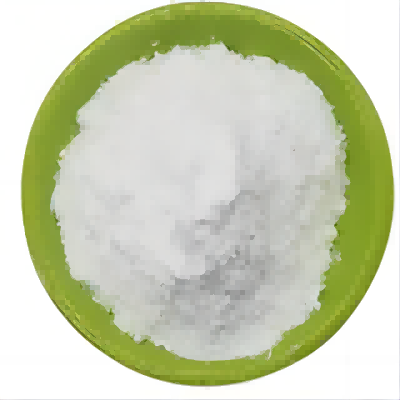
DL-Alpha-Ketoisoleucine Calcium CAS:66872-75-1
DL-Alpha-Ketoisoleucine Calcium is mainly used to Prevent and treat the protein metabolism disorders caused by chronic renal insufficiency.These products can be widely applied in medicine, reagent, fine chemical industry, and additive of food fields etc.
-
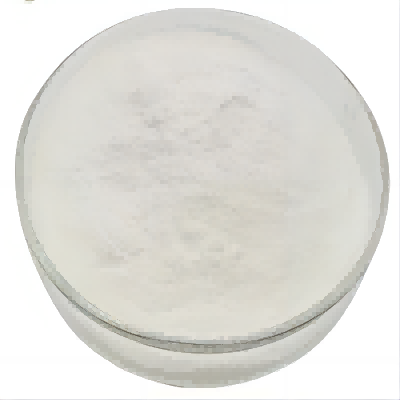
Fenofibrate CAS:49562-28-9
Fenofibrate, 2-[4-(4-chlorobenzoyl)phenoxy]-2-methylpropanoic acid 1-methylethyl ester (Tricor),has structural features represented in clofibrate. The primarydifference involves the second aromatic ring. This imparts agreater lipophilic character than exists in clofibrate, resultingin a much more potent hypocholesterolemic and triglycerideloweringagent. Also, this structural modification results in alower dose requirement than with clofibrate or gemfibrozil.
-
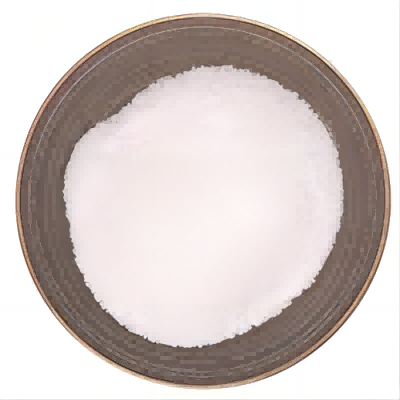
Rosuvastatin Calcium CAS:147098-20-2 Manufacturer Supplier
Rosuvastatin calcium is a competitive inhibitor of hydroxymethylglutaryl-coenzyme A (HMG-CoA) reductase, the enzyme that catalyzes the conversion of HMG-CoA to mevalonic acid, the rate-limiting step in cholesterol biosynthesis. Rosuvastatin calcium is antilipemic and is used to reduce plasma cholesterol levels and prevent cardiovascular disease.
-
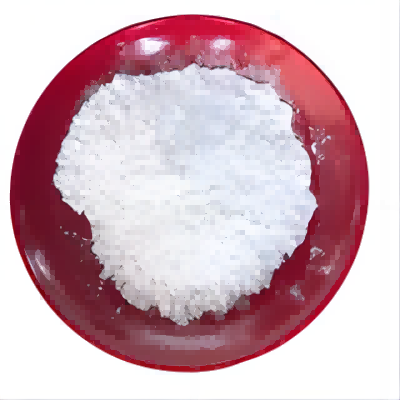
Asparagine Mono CAS:5794-13-8 Manufacturer Supplier
Asparagine Mono is catalyzed by glutamine-dependent asparagine synthetase in mammalian tissues. Asparagine has high nitrogen to carbon ratio and is a key regulator for nitrogen storage and transport. Its thermal degradation in the presence of sugars leads to the acrylamide formation in foods. Asparagine Mono serves as an amino acid exchange factor and is essential for amino acid homeostasis. It favors cancer cell proliferation.
-
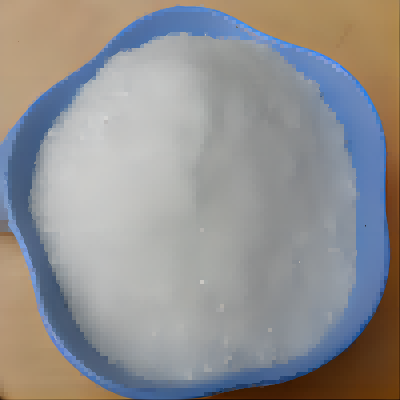
N-Acetyl-L-Aspartic Acid CAS:997-55-7 Manufacturer Supplier
N-Acetylaspartic acid, or N-acetylaspartate (NAA), is a derivative of aspartic acid with a formula of C6H9NO5 and a molecular weight of 175.139.NAA is the second-most-concentrated molecule in the brain after the amino acid glutamate. It is detected in the adult brain in neurons, oligodendrocytes and myelin and is synthesized in the mitochondria from the amino acid aspartic acid and acetyl-coenzyme A.
-

Chrysin CAS:480-40-0 Manufacturer Supplier
Chrysin is a natural flavonoid with antioxidant, anti-inflammatory, and anticancer properties. It blocks COX-2 gene expression, PGE2 production, and hydroxyl radical formation in LPS-induced RAW 264.7 cells. Chrysin inhibits insulin-induced HIF-1α expression (~50% at 10 μM) in human prostate cancer DU145 cells and blocks DU145 xenograft-induced angiogenesis in vivo. In a mouse model of ischemia/reperfusion injury, chrysin decreased pro-inflammatory gene expression and oxidative stress, resulting in a reduction of infarct volume and neurological defects.
-
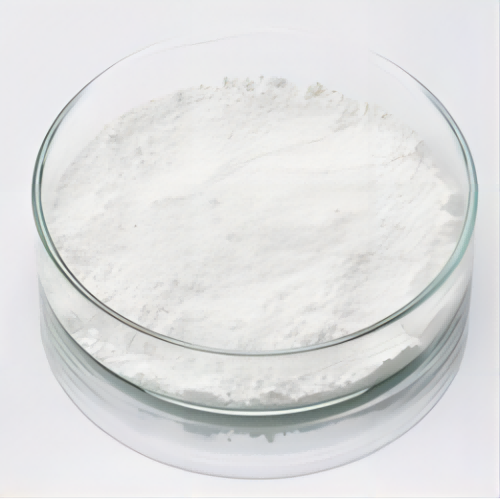
L-Arginine Nitrate CAS:223253-05-2 Manufacturer Supplier
L-Arginine Nitrate is a kind of amino acid that is one the fundamental building blocks of protein. It efficiently boosts protein synthesis right after a physically challenging workout or strenuous activity. This is the primary reason why this supplement is the top choice for athletes and body-builders who want to take their performance to the next level.
-

Olmesartan Medoxomil CAS:144689-63-4 Manufacturer Supplier
Olmesartan Medoxomil, is a new selective and competitive nonpeptide angiotensin II type 1 receptor antagonist and potently inhibits the Ang.ll-induced pressor responses. The drug competitively inhibited binding of [125I1]-All to AT1 receptors in bovine adrenal cortical membranes, but had no effect on binding to AT2 receptors in bovine cerebellar membranes. Olmesartan medoxomil was also shown to reduce blood pressure significantly more effectively than losartan and the ACE inhibitor captopril and as effectively as the pbloker atenolol.
-
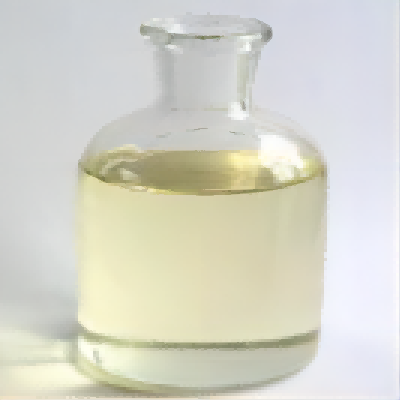
Tetraethylene Glycol CAS:112-60-7 Manufacturer Supplier
Tetraethylene glycol is a polymer consisting of ethylene glycol monomer units and two terminal hydroxyl groups. The hydroxyl groups can react to further derivatize the compound. Ethylene glycol compounds have hydrophilic characteristics. The solubility of the polymer increases as the number of ethylene glycol groups increase.
-
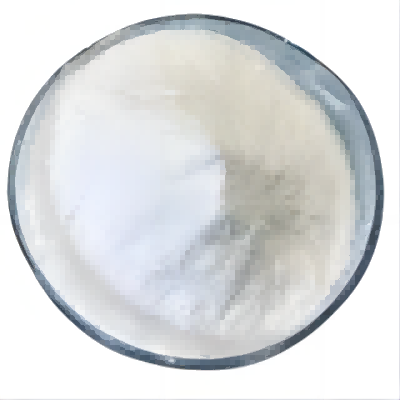
Climbazole CAS:38083-17-9
Climbazole (CBZ) is an emerging recalcitrant contaminant in wastewater, which has severe toxic effects on aquatic organisms.It also reduces the size of Malassezia populations on the skin of naturally infected dogs when used at a dose of 2% in shampoo. (±)-Climbazole (80 mg/kg) increases the levels of cytochrome P450 in rat liver. Formulations containing climbazole have been used in the treatment of dandruff.
-
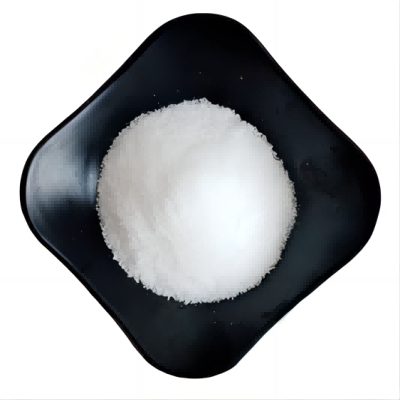
Miconazole CAS:22916-47-8 Manufacturer Supplier
Miconazole (Monistat) is a broad-spectrum imidazole antifungal agent used in the topical treatment of cutaneous dermatophyte infections and mucous membrane Candida infections, such as vaginitis. Minimal absorption occurs from skin or mucous membrane surfaces. Local irritation to skin and mucous membranes can occur with topical use; headaches, urticaria, and abdominal cramping have been reported with treatment for vaginitis.

